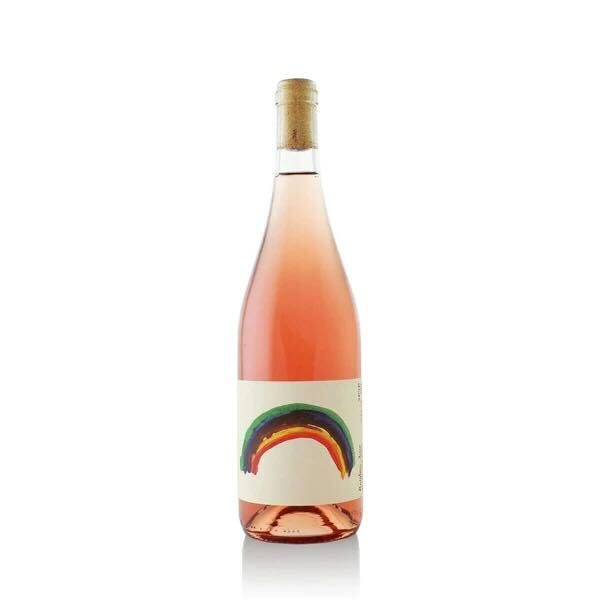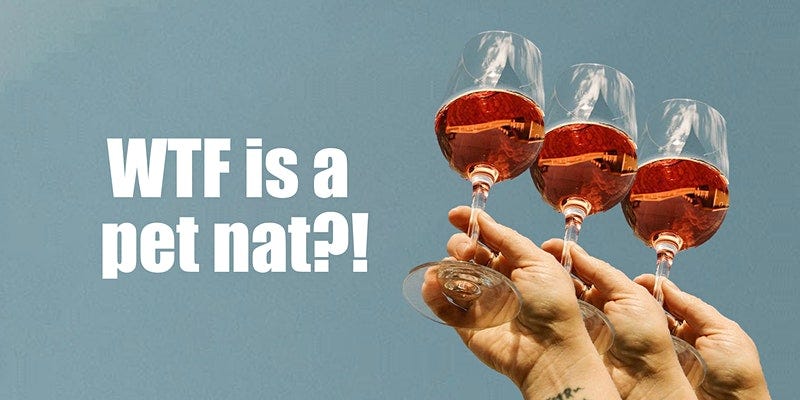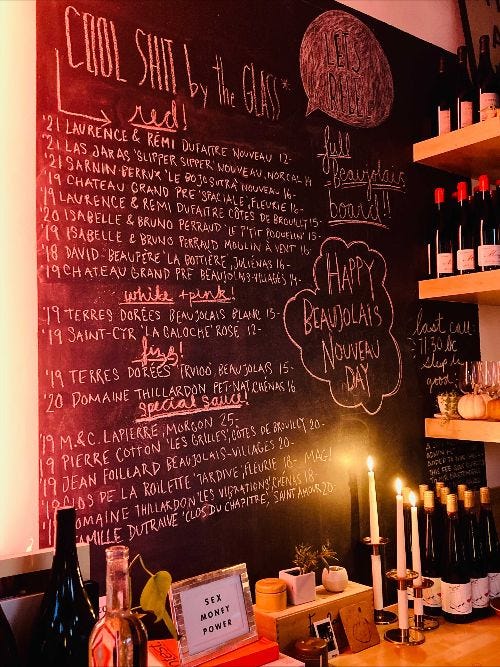PORTUGUESE WINE AND BEACH BOTTLE RECCS
Why You Should Care About Portuguese Wine
A treatise by Sarah Grace
If you’ve had me as your bartender at Rebel Rebel, I’ve poured you wine from Portugal. My family on my father’s side immigrated to New Bedford from Portugal, and my great grandparents never learned English. I am the last generation, I am the furthest from the family roots. When I see Portuguese wine on the shelves, I pick it up and I try to think about the idea of native earth, ancestral land, and those roots digging deep. Which is strange to say, considering that Portugal’s earth is a pain to cultivate, with farmers in the Douro needing to use actual explosives to help create a system of terraces on unforgiving slopes of poor granite and schist, which are still prone to erosion. Despite being one of the oldest demarcated and regulated wine regions in the world, the Douro didn’t have easily traversable roads until the mid 1980’s.
Portuguese history is fraught, and immediately tied up in global systems of imperialism and colonialism, in chattel slavery, in fascism and diaspora. New England based historical societies attribute the influx of Portuguese immigrants to the decline of the whaling industry in the old country and the readily available fishing and whaling jobs in the United States. The early twentieth century saw the dissolution of the Portuguese constitutional monarchy, the rise and fall of the First Portuguese Republic, and the eventual takeover of the Estado Novo, one of the longest authoritarian regimes to maintain power in 20th century Europe. The Estado Novo wrapped its fingers around both the mainland, and the Portuguese colonies. The regime placed limits on free speech and fair elections, and political activists were investigated by the PIDE-- the secret police. It was Corporatist Dictatorship’s Greatest Hits. Throw a few volcanic eruptions on the Azores into the mix, and yeah, a lot of Portuguese people wanted to go whaling in New Bedford.
For many wine-producing countries in the tumultuous 20th century, the rise of new government and economic systems meant the seizing of smaller farmer’s land, the mechanization of vinification, over-farming crops, and the loss of ancestral wine tradition. Portuguese wine production was not spared from these changes, and ended up being undervalued; it was historically over-produced and inexpensive. If you are looking for expensive and hard to access wine, then I am not the writer for you. This piece is not about exclusivity. This piece is about how reclaiming heritage will manifest in a new Portuguese wine tradition. Biodynamic farming and the ethos of natural winemaking offers us a possible avenue to take back something that had been lost.
Folks like Tiago Sampaio from Folias de Baco in Cima Corgo are part of the new front. Sampaio earned his Phd in viticulture and oenology from Oregon University and then returned home in 2007 to farm his family’s 80-year-old indigenous vines. Where so much of the Portuguese tradition is that of exodus, Sampaio has gone back to the earth. The ‘Uivo’ Renegado Pet Net is a field blend of over 25 indigenous varietals. It is fuchsia fizz, drinking like tart forest fruit, sunshine, and craggy rock. Sampaio also consults over at Aphros Wine in the Vinho Verde, where Vasco Croft leads a team of winemakers who farm the land that has been in Croft’s family since the 17th century. These producers spend as much time cultivating grapes as they do planting chestnut trees, acacia, and other native crops, putting in the work to maintain a diverse biosphere and preserve the ecosystem in the area. Portugal’s 1986 entrance into the EU granted a new kind of public funding, and Aphros’ historic Quintas are now separated by a new road. Visit their vineyard and try the skin macerated, sur lie aged Loureiro to taste one of the prime aromatic varietals from the region. Sign up for a tour of their medieval cellar, where Croft incorporates monastic practices (silence and peace, sign me up) into the vinification process. Poke your head inside a 120-year-old Talha (amphora). Let’s figure out how to turn “national recovery from totalitarian regime” into a quick tasting note.
“Boa é vida, mas melhor é o vinho,” poet Fernando Pessoa wrote. Life is good, but wine is better. So, the next time you see me behind the bar, let’s pull a bottle of home off of the shelf, and toast to where we have been, and where we will go.
—Sarah Grace
BEACH BAGS TO GO (to the beach)
HEY! In case you missed the news, we've launched a weekly staff-picks-to-go program for all your bottle needs! Order now and pick up on Friday.
This week's bundle is a beach bag of two Australian wines from lovely Gentle Folk, curated by our very own Jusmine. Think drinkable and refreshing, perfect wine for a beach day!
WINE SCHOOL
NEVER FEAR: WINE SCHOOL IS HERE AND IT'S BACK IN PERSON*
& THIS WEEK IT'S ALL PET NATS?!
Let's demystify pétillant naturel with Maia!
About this event
It's sunny out, let's drink some bubbles! Mais, je ne parle pas Français! That's okay friend, we promise none of it's as complicated as it sounds.
As usual, we'll taste through 3 wines together, and there will be ample time for Q+A.
Tickets include: one-hour class + 3 tasting pours
NOTE: wine classes are held indoors and require proof of vaccination to attend.
EVENTS EVENTS EVENTS
May 22nd: THREE WHOLE DIFFERENT EVENTS AT BOW
We've got a mixed media wind chimes event in the morning, a vintage market starting at noon, and a Lao food show at Nibble Kitchen in the evening! What more could you ask for!
Think about volunteering with Community Cooks! They are such lovely folks doing important worK
Also while you're here, consider becoming pen-pals with a queer incarcerated person through Black and Pink MA. This is something you can do for your community.
WINE/INDUSTRY READING
Another newsletter, another unfortunate delve into climate change and how it affects winemakers, in this case specifically Spring frosts in France, though frost has also damaged vineyards in California and Oregon this year. Read about how French winemakers are adapting to the climate in this article.
On the other hand, the NYT has an article about sheep and their use in viticulture! Permaculture wins once again.
REBEL REBEL PLAYLIST
Finally, a relatively chill rap playlist by yours truly. Other people say it's not as chill as I think it is, but that's for you to decide.
-evie





